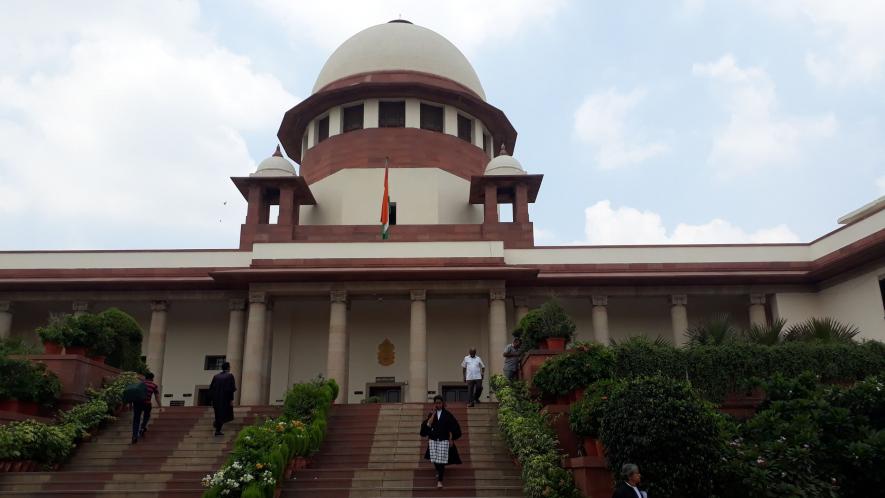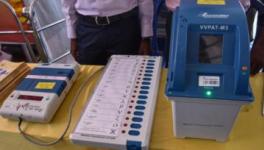Supreme Court Bolsters Workplace Sexual Harassment Protections Across India

Image Courtesy: Wikimedia Commons
New Delhi: In a significant ruling on Thursday, the Supreme Court of India ordered sweeping measures to address and prevent sexual harassment in various workplaces across the country. According to a report published in Bar and Bench, the decision was made in response to a Public Interest Litigation (PIL) filed by the NGO Initiatives for Inclusive Foundation.
Under the case titled "Initiatives for Inclusive Foundation vs Union of India," a bench comprising Justices S Ravindra Bhat and Dipankar Datta issued a series of directives to bolster the enforcement of the Sexual Harassment of Women at Workplace (Prevention, Prohibition and Redressal) Act, 2013, and the associated POSH Rules.
The heart of the ruling centres on the establishment of Internal Complaints Committees (ICs) within hospitals, nursing homes, sports institutes, stadiums, sports complexes, and competition or games venues. These committees are crucial for addressing and reporting instances of sexual harassment in the workplace.
"The Central government may consider amending the Sexual Harassment of Women at Workplace (Prevention, Prohibition and Redressal) Rules, 2013, so as to identify one department and create a 'nodal person' post within the said department to be responsible for the coordination required in implementing the Act. This will ensure greater uniformity in the implementation of the Act across the country," the Court stated.
To ensure better implementation of the Act and compliance with the POSH Rules, the Supreme Court issued a set of comprehensive directives:
-
The Women and Child Development Ministry of every State/Union Territory (UT) is tasked with identifying a 'nodal person' to oversee and coordinate activities in line with the POSH Act.
-
The Principal Secretary of the State/UT and the Central government must personally ensure the appointment of a district officer in each district within their territorial jurisdiction within four weeks of the judgment.
-
Appointed district officers must forward contact details of nodal officers and Local Complaint Committees (LCs) to the nodal person within the State Government within six weeks.
-
A circular or bulletin containing names, contact details, and a district-wise chart of nodal officers shall be made available online.
-
District Officers and LCs are required to undergo mandatory training and sensitisation on the nature of sexual harassment and gendered interactions in the workplace.
-
State/UT Governments and the Union Government must allocate financial resources for the development of educational, communication, and training materials to raise awareness of the Act among the public.
-
The Central government is responsible for circulating its Handbook for the implementation of the POSH Act among district and remote-level officers.
-
State/UTs must establish Standard Operating Procedures (SOPs) for monitoring implementation and maintaining data, including the procedure and timeline.
-
Hospitals, nursing homes, sports institutes, stadiums, sports complexes, or competition or games venues are required to establish ICs and report compliance in accordance with their duties under the Act.
The Supreme Court further mandated that all States and Union Territories submit a consolidated report of compliance with these directives to the Central Government within eight weeks. The Centre is then tasked with consolidating these reports, identifying any lapses in compliance, and remedying them before filing a consolidated affidavit of compliance detailing the States' adherence and the Union Government's actions within 12 weeks from the date of the judgment.
The case is scheduled to be heard again in February 2024. This landmark ruling marks a significant step toward promoting a safe and inclusive working environment for all individuals in India, reaffirming the commitment to combating sexual harassment in the workplace.
Get the latest reports & analysis with people's perspective on Protests, movements & deep analytical videos, discussions of the current affairs in your Telegram app. Subscribe to NewsClick's Telegram channel & get Real-Time updates on stories, as they get published on our website.























